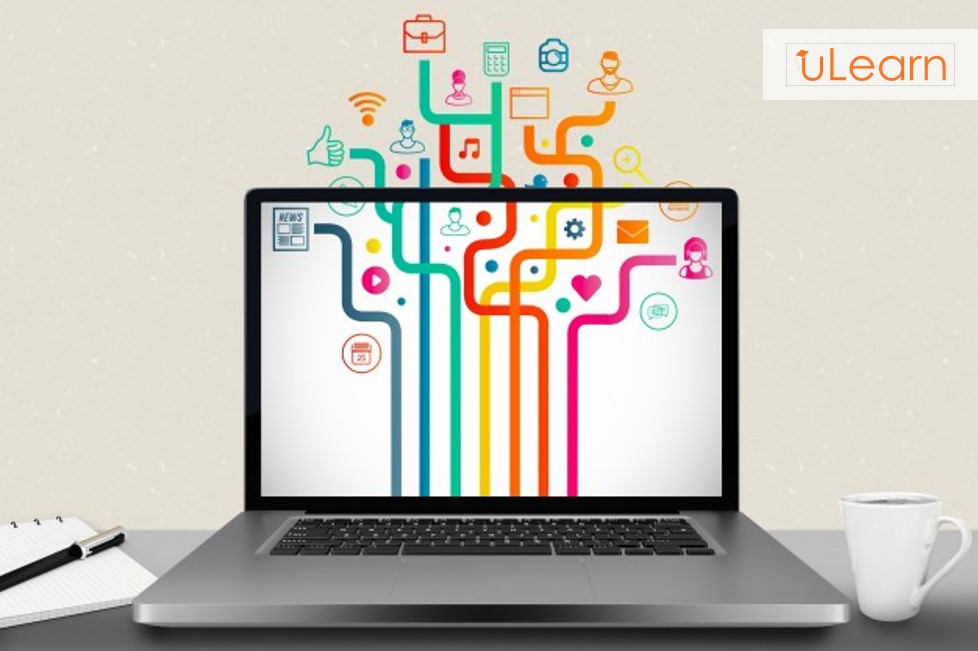What you should look for in remote proctoring software?

Remotely proctored exams are increasing in popularity these days due to the current COVID situation. As schools and other educational institutions are closed due to the pandemic, they cannot conduct exams as before. Therefore, they have to look for new methods, such as having remotely proctored exams. Since almost every educational institution is new to the concept of online proctoring, they might find it challenging to decide on the right proctoring software. The remote proctoring software market is being flooded with new players every day as the demand for such services is increasing. This has made it even more difficult for institutions to choose the right software provider. So how can you choose the best remote proctoring software? You should look out for specific features such as the ones mentioned below that can guarantee that exams can be held without any issues.
Intelligent proctoring system
The most important feature that a remote proctoring software should provide is ensuring that the remotely proctored exams are conducted fairly. The software should help conduct secure and cheat-proof tests. Features such as having a secure web browser window, disabling screen switching, or window exiting, blocking specific key binds, and mouse right clicks are essential to ensure that students don’t cheat during the exam.
It would be even better if the software has advanced AI tools that can autonomously monitor test environments such as the students’ eye movements, facial and body movements, and background audio and video, to provide an advanced degree of proctoring and reduce instances of cheating significantly.
Enhanced data security
The remote proctoring software should be non-intrusive and should ensure that students’ privacy is maintained at all times. It should also ensure that the online examination data is kept for the minimum amount of time after the exam is over and is deleted as soon as possible. Another aspect that should be considered is that the data is not sold or shared with third parties under any circumstances. Ensure that the software provider has a detailed privacy policy regarding how the data will be collected, managed, and deleted.
High scalability
The software should provide a seamless experience every time, whether you’re conducting an exam for ten students or a thousand. The remotely proctored exam should run without any errors or glitches, irrespective of the number of students taking the exam simultaneously. The software should be customizable according to the needs and should be able to conduct exams for as many students as possible at the same time.
Easy integration with LMS
Most educational institutions have a learning management system (LMS) in place to deliver online courses, training programs, and track students’ progress. The remote proctoring software should easily integrate with the LMS to provide a hassle-free experience. You should be able to open the proctoring app within the LMS and be ready to conduct examinations instantly.
Remote proctoring is a new entrant in the digitalization of the educational sector. It has opened up many new possibilities for how exams can be conducted without physical boundaries while maintaining their integrity and credibility. Once you start leveraging the benefits of remote online proctoring software, there is no turning back. But, it all comes down to choosing the right software. As it will be most likely a one-time investment, it is advisable to invest in a premium remote proctoring software with advanced AI capabilities, such as the one provided by Ulearn, to ensure that you’ll never have to worry about conducting exams ever again.
To learn more about uLearn, visit our website: www.ulearn.io




Recent Comments